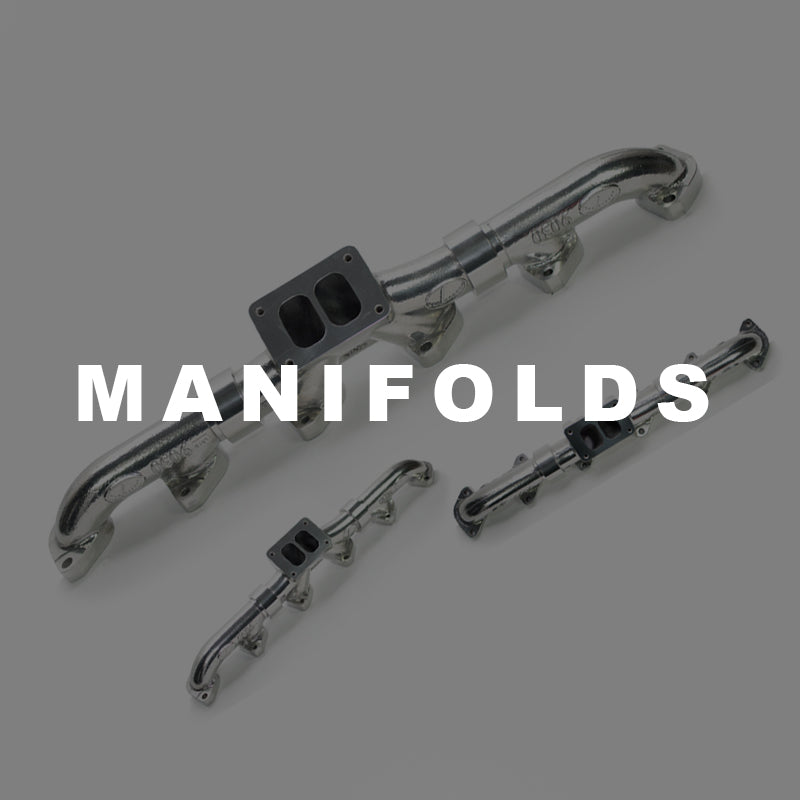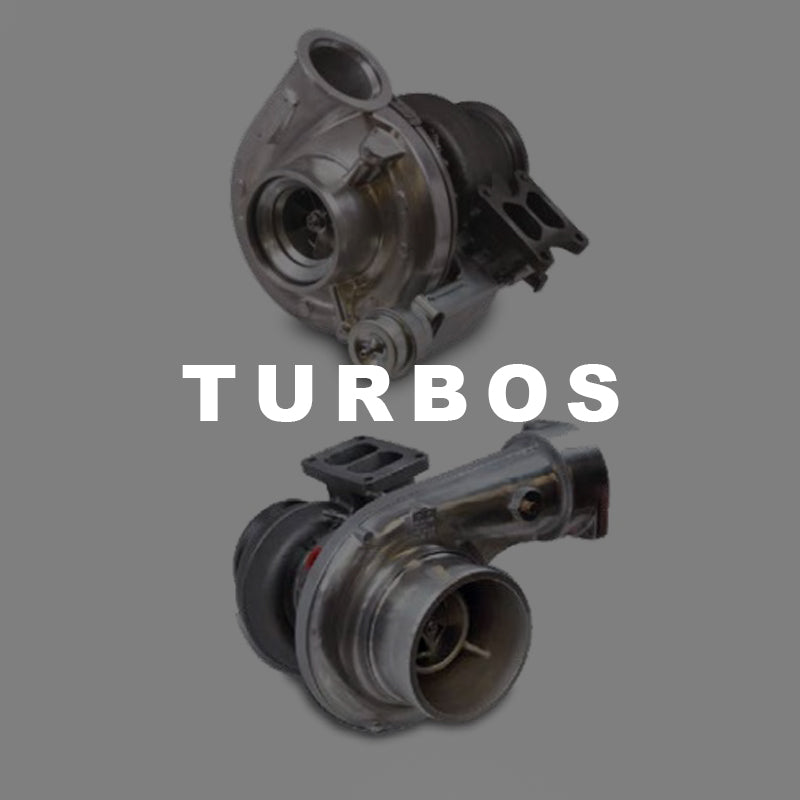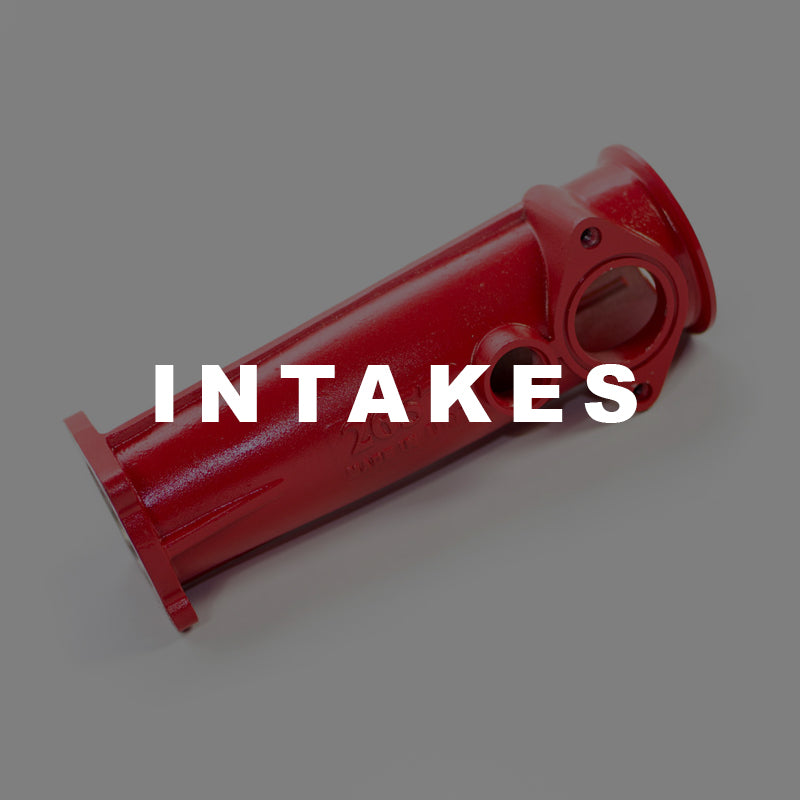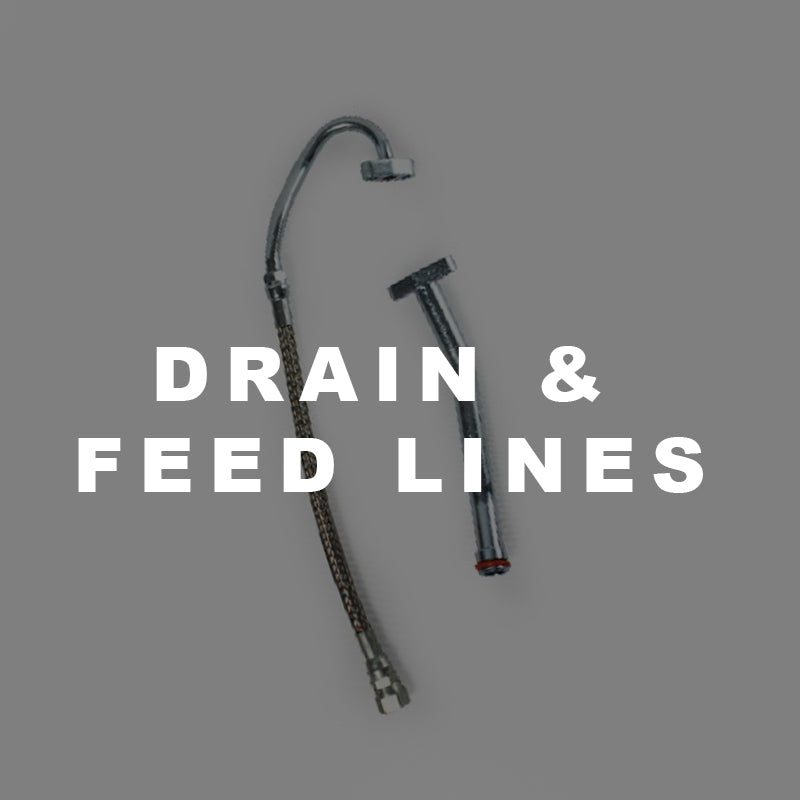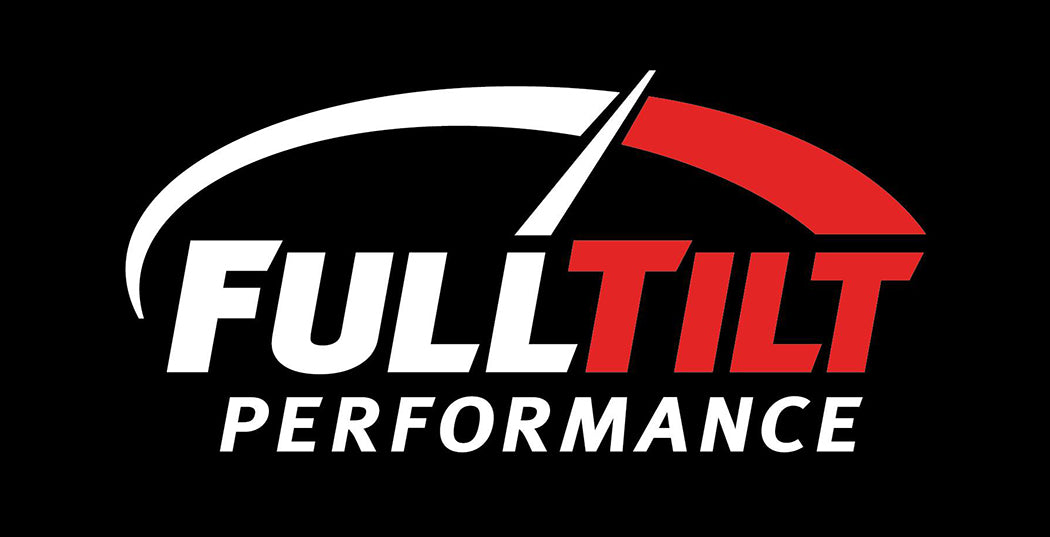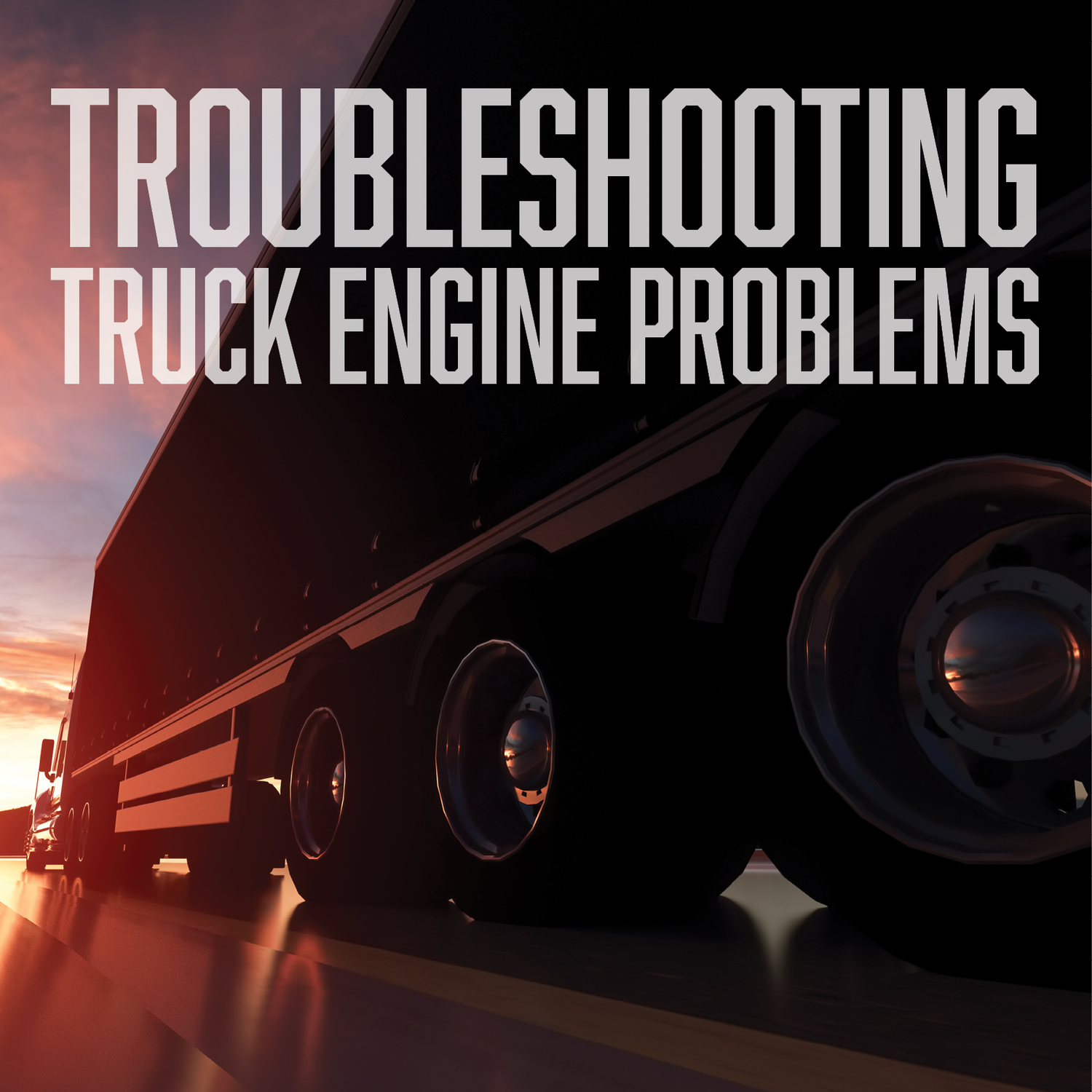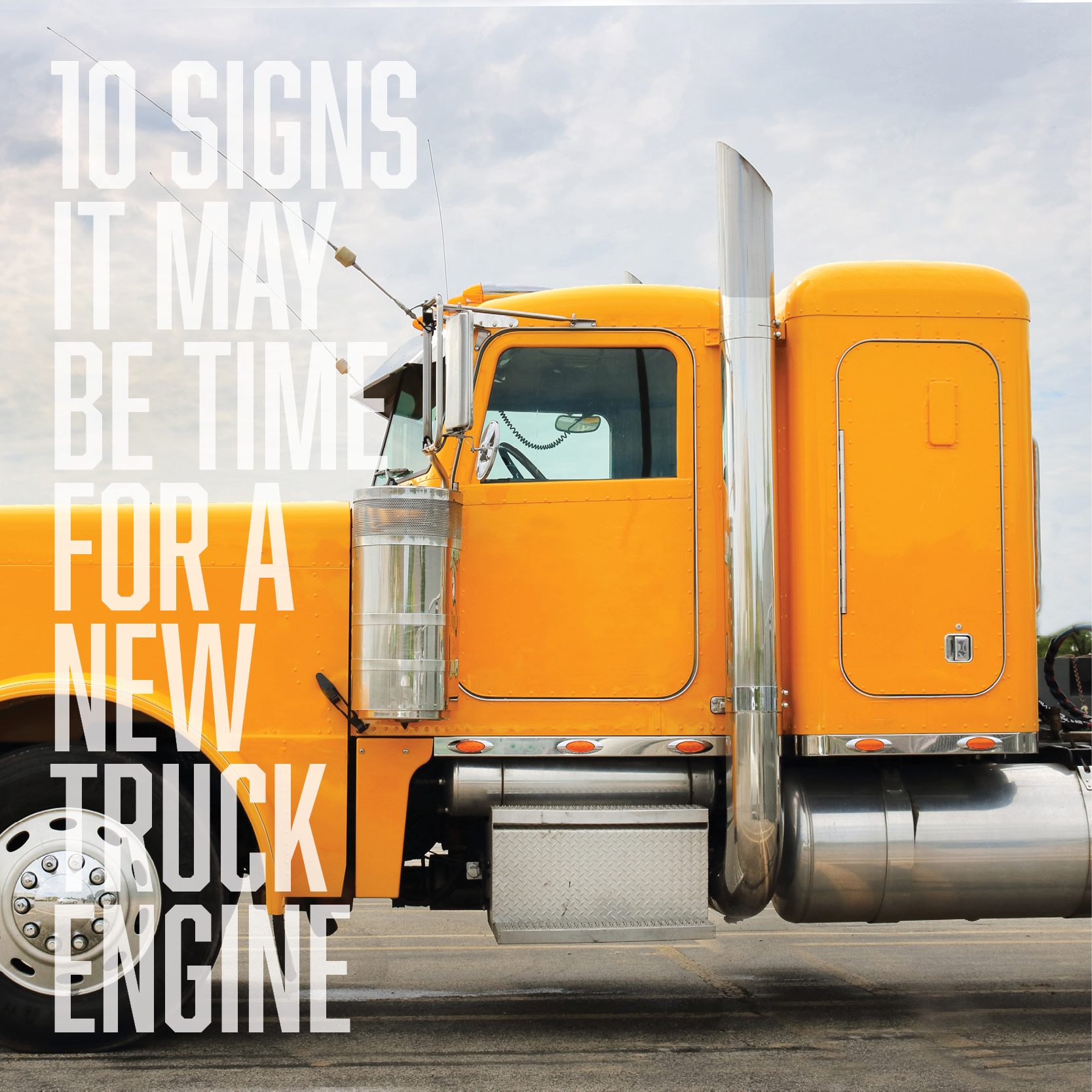You don’t want to ignore these common engine problems. Take a look at this guide to learn what to do about these problems when your truck encounters them.
Whether you’re an independent trucker working on a contract basis or starting up an entire fleet, every truck eventually sees problems with its engine.
While diesel trucks engines last longer than many standard commercial vehicles, owning your own truck requires regular maintenance. Many of the common engine problems that diesel engines suffer are reparable and simple to deal with by the average truck owner if you know what to look for.
Here are five of the most common issues and what to look for when you’re dealing with them.
1. Oil Oxidation Problems
One of the major problems with diesel engines is that they can sit in one place for a while. If you’re running a small business or working independently, you might use your truck for long hauls and then take a month off. If you sit in one place for too long or operate your truck infrequently, your oil has the tendency to oxidize.
Oil oxidation occurs when vehicles sit in one place over seasonal changes as well. Temperature, humidity, and air pressure can cause oil to oxidize.
When air gets into your oil, it can interfere with lubrication. Air bubbles or spaces where oil isn’t covering your parts will lead to damage. Metal needs constant lubrication or else the elements are open to causing decay.
Oil that’s been sitting around for a while should be changed. Even if it’s not dirty, change your oil as often as you would if you were driving it regularly. Don’t let idle oil mess up your engine.
2. Dark Black Exhaust
Diesel trucks release far more smoke than standard vehicles. If you’ve ever driven one, you know that there are odors and fumes that lead to a sick feeling or difficulty breathing. While some amount of smoke is standard, if it becomes darker than normal and stinks up your cab, it’s time to take action.
Be aware that even if you’re not concerned about your health, there are local air ordinances to consider. If you’re found to violate the clean air act, you or your boss will be hit with huge fines.
In order for you to maintain optimal air quality for your exhaust, you need a balanced air-to-fuel ratio. If that balance is upset, the exhaust ends up becoming darker as it takes too much fuel to keep the engine going.
Your injector, injector pump, or air filter must be checked if you find this issue growing. For more advanced amateur mechanics, take a look at your turbocharger or your EGR valve to find out if they’re the cause of your issues.
3. Humidity Issues
Water in your fuel line, engine, or between the elements of your truck isn’t as innocuous as it might seem.
If water ends up mixing with the lubricants in your engine, you’ll see negative reactions. Water or even high humidity can introduce these problems that deteriorate your engine and its parts.
Prevent these problems by keeping your truck out of humid or precipitous regions for a long period of time. If you hear your engine knocking, stop the track and add lubrication.
Water can increase oxidation issues. If you were already dealing with oxidation, you’re going to need to clean and lubricate your engine. If your engine gets attacked by water and humidity, your machine will suffer damage.
4. Problems Starting
If you notice it’s hard to start your engine or you’re dealing with a delayed start, expect your engine to need repair. Low compression means that not enough fuel gets delivered to your engine. When there’s not enough fuel or there are issues in the fuel delivery line, you’re going to notice it’s difficult to start your truck.
Some diesel engines crank a little bit when you start them. That’s absolutely normal for a diesel engine. Don’t be alarmed by that.
You’ll know when it’s too hard to start. Vehicles that crank more than normal or don’t start at all will get in your way when you need the truck to start. Get your vehicle checked out immediately when starting your truck is too difficult to deal with.
Get it checked before it stops starting up at all.
5. Low Power
Typical of all vehicles, with enough use, power capabilities drop off. This is sometimes an issue related to vehicle wear and tear. Other times, it’s a fuel related issue.
Lack of power becomes most apparent when starting up, accelerating, or going up a hill. Some trucks begin to break down over time and need a little bit of TLC. Others have faulty components that need to be replaced.
If your fuel filter is dirty, it’s going to impede the amount of fuel that gets into your engine as you hit the throttle. If there’s a loose throttle linkage, that introduces problems that lead to difficulty getting the power you need.
Your engine could even be overlubricated. If there’s excessive lubrication in your engine, things will be too slippery to get the necessary friction to keep things moving.
Check out your fuel injector as well. If fuel isn’t being injected into your system properly, you’ll notice your fuel engine struggling with power.
Common Engine Problems Can Add Up Fast
If you don’t take the time to look into some of these common engine problems when they arise, they can add up quickly. One small issue can cause a larger component to become damaged without taking the time to investigate. If you suspect your truck is suffering from one of these issues, look into replacing those small components to save money down the road.
If you experience problems that require a second set of eyes, contact us for more tips.

